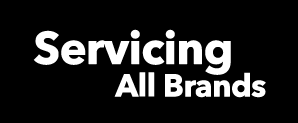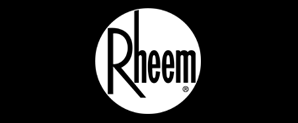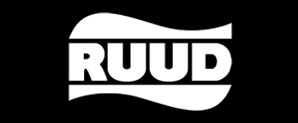Electrical safety is a critical aspect of homeownership, yet it's often overlooked until an issue arises. Your home's electrical system, like many others, can hide hidden dangers that, if left unaddressed, may lead to serious problems. In this blog, we'll shine a light on these hidden electrical hazards and offer guidance on how to uncover and mitigate them.
1. Outdated Wiring The wiring in older homes can become outdated, leading to various safety issues. If your home's wiring hasn't been updated in years, it might not be equipped to handle the electrical demands of modern appliances and devices. Signs of outdated wiring include flickering lights, frequently tripped circuit breakers, and discolored outlets.
2. Overloaded Circuits Overloading a circuit can be tempting, especially in homes with limited outlets. However, it's a dangerous practice that can lead to overheating, fires, and electrical system damage. The solution is to distribute the load across different circuits and avoid plugging too many devices into a single outlet or power strip.
3. Faulty Outlets, especially those with loose connections or visible damage, pose a significant risk. They can cause electrical sparks or lead to electrical fires. If you notice any issues with your outlets, it's crucial to have them repaired or replaced promptly.
4. Exposed Wiring Exposed wiring is a common issue, especially in homes with visible cables running along baseboards or ceilings. Exposed wiring can be a tripping hazard and may lead to electrical shocks or fires. Conceal or properly secure exposed wiring to eliminate these risks.
5. Aging Appliances Older appliances may still be functional, but they often lack the safety features found in modern models. These appliances can draw excessive power, overheat, or short-circuit, leading to electrical fires. Consider upgrading to newer, energy-efficient appliances to enhance safety and efficiency.
6. DIY Electrical Work DIY electrical repairs can lead to dangerous consequences. While some tasks are manageable for experienced individuals, more complex jobs should be left to licensed electricians. Mistakes made during DIY electrical work can result in electrical shock, fires, or even structural damage.
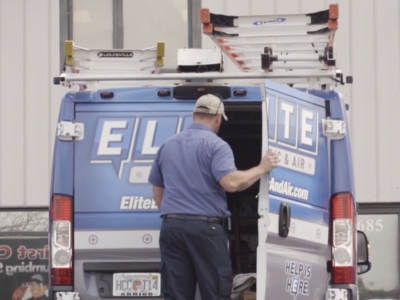 To uncover hidden electrical hazards and ensure your home's electrical safety, schedule regular professional inspections. The licensed electricians at Elite will identify and address potential issues before they become significant problems.
To uncover hidden electrical hazards and ensure your home's electrical safety, schedule regular professional inspections. The licensed electricians at Elite will identify and address potential issues before they become significant problems.
Electrical hazards may be lurking within your home, putting your safety at risk. By recognizing the signs of outdated wiring, overloaded circuits, faulty outlets, exposed wiring, and aging appliances and avoiding DIY electrical work, you can reduce these risks. Additionally, professional inspections from the Elite team are your safety net, helping you uncover and address hidden electrical dangers. Prioritizing electrical safety not only protects your home but also ensures peace of mind for you and your loved ones.
Distribution Links +
- lifestyle.kbew98country.com
- lifestyle.kccrradio.com
- lifestyle.capitalcityrock.com
- lifestyle.current943.com
- lifestyle.thedam.fm
- lifestyle.hotcountry931.com
- lifestyle.pierrecountry.com
- lifestyle.kotaradio.com
- lifestyle.q923radio.com
- lifestyle.kynt1450.com
- lifestyle.all80sz1063.com
- lifestyle.myeaglecountry.com
- newsnetmedia.com
- atlanta.newsnetmedia.com
- augusta.newsnetmedia.com
- austin.newsnetmedia.com
- boise.newsnetmedia.com
- buffalo.newsnetmedia.com
- columbia.newsnetmedia.com
- columbus.newsnetmedia.com
- detroit.newsnetmedia.com
- fresno.newsnetmedia.com
- jacksonville.newsnetmedia.com
- losangeles.newsnetmedia.com
- minneapolis.newsnetmedia.com
- monterey.newsnetmedia.com
- myrtlebeach.newsnetmedia.com
- nashville.newsnetmedia.com
- norfolk.newsnetmedia.com
- odessa.newsnetmedia.com
- pittsburgh.newsnetmedia.com
- portland.newsnetmedia.com
- https://smb.luvernejournal.com
- https://smb.selmatimesjournal.com
- https://smb.thesnaponline.com
- https://smb.troymessenger.com
- https://smb.windsorweekly.com
- https://smb.clemmonscourier.net
- https://smb.gatescountyindex.com
- https://smb.harlandaily.com
- https://smb.irontontribune.com
- https://smb.ourdavie.com
- https://smb.state-journal.com
- https://smb.thecharlottegazette.com
- https://smb.thecoastlandtimes.com
- https://smb.theinteriorjournal.com
- https://smb.thetidewaternews.com
- https://smb.tryondailybulletin.com
- https://smb.winchestersun.com
- https://smb.farmvilleherald.com
- https://smb.salisburypost.com
- https://smb.shelbycountyreporter.com
- https://smb.smithfieldtimes.com
- https://smb.suffolknewsherald.com
- https://smb.thewashingtondailynews.com
- https://smb.thewetumpkaherald.com
- https://smb.cordeledispatch.com
- https://smb.lagrangenews.com
- https://smb.middlesboronews.com
- https://smb.roanoke-chowannewsherald.com
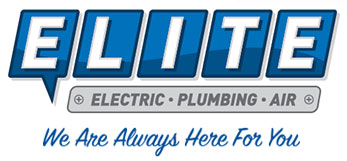




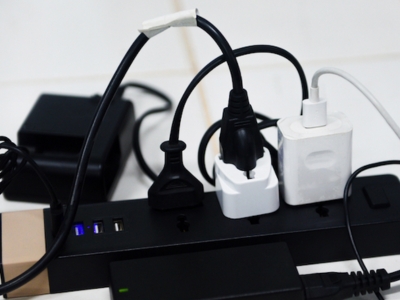 3. Avoid Overloading Circuits: Overloading circuits by plugging too many devices into a single outlet or power strip can lead to overheating and fires. Distribute the load across different circuits and use power strips with surge protection for added safety.
3. Avoid Overloading Circuits: Overloading circuits by plugging too many devices into a single outlet or power strip can lead to overheating and fires. Distribute the load across different circuits and use power strips with surge protection for added safety. 4. Update Your Wiring: If you live in an older home, your electrical wiring may be outdated and unsafe. Consider updating your wiring to meet modern safety standards. Signs of outdated wiring include flickering lights, frequent circuit breaker trips, or discolored outlets.
4. Update Your Wiring: If you live in an older home, your electrical wiring may be outdated and unsafe. Consider updating your wiring to meet modern safety standards. Signs of outdated wiring include flickering lights, frequent circuit breaker trips, or discolored outlets.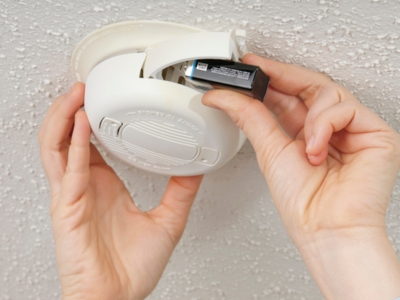 7. Install Smoke Detectors: Install smoke detectors throughout your home, especially in bedrooms and common areas. Regularly test and maintain them to ensure they function correctly. Smoke detectors provide early warning in case of a fire.
7. Install Smoke Detectors: Install smoke detectors throughout your home, especially in bedrooms and common areas. Regularly test and maintain them to ensure they function correctly. Smoke detectors provide early warning in case of a fire.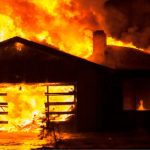

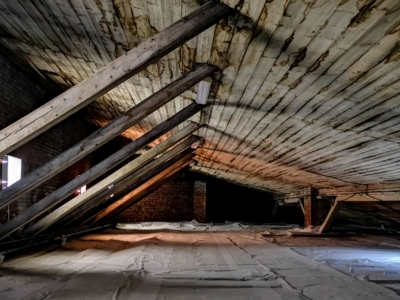 One significant issue in Florida homes is the location of the ductwork in the attic. While blue high-efficiency ductwork helps prevent microbial growth within the ducts, there is more homeowners can do to reduce the risk of mold and mildew growing within their attic space. Attics are often dark, humid, and poorly ventilated spaces, making them a perfect home for these unwanted guests.
One significant issue in Florida homes is the location of the ductwork in the attic. While blue high-efficiency ductwork helps prevent microbial growth within the ducts, there is more homeowners can do to reduce the risk of mold and mildew growing within their attic space. Attics are often dark, humid, and poorly ventilated spaces, making them a perfect home for these unwanted guests. Mold
Mold To combat the ongoing battle with mold, mildew, and bacteria, Floridians often turn to high-efficiency ductwork with a unique feature - antimicrobial powers. The blue color signifies that the ductwork is specially designed to resist microbial growth and inhibit the spread of mold and bacteria.
To combat the ongoing battle with mold, mildew, and bacteria, Floridians often turn to high-efficiency ductwork with a unique feature - antimicrobial powers. The blue color signifies that the ductwork is specially designed to resist microbial growth and inhibit the spread of mold and bacteria.
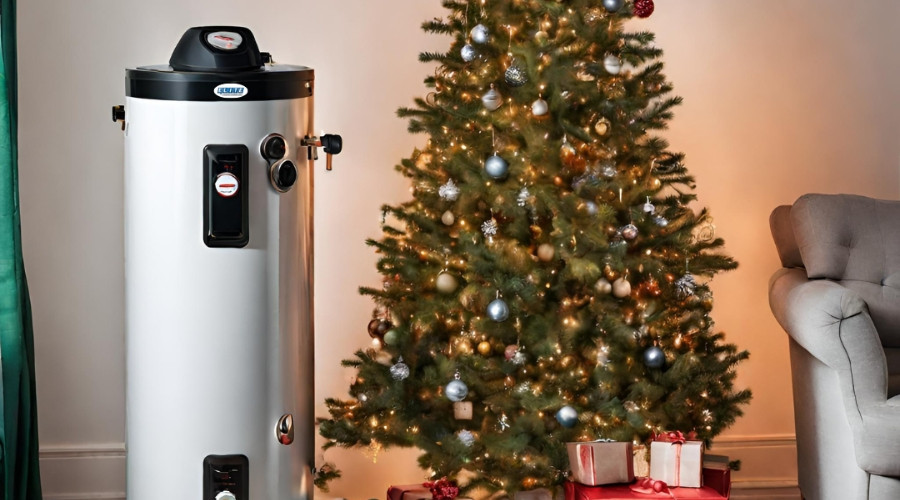
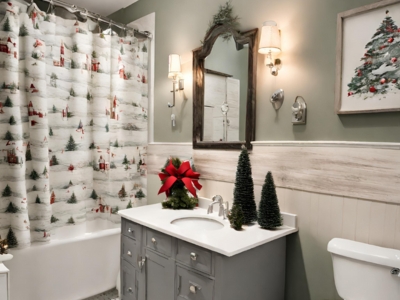 Guest Comfort: When hosting guests, ensuring everyone has access to hot water for showers and baths is essential for their comfort and peace of mind.
Guest Comfort: When hosting guests, ensuring everyone has access to hot water for showers and baths is essential for their comfort and peace of mind.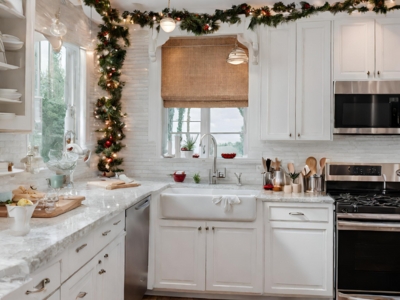 Cooking and Cleaning: The holiday season often involves increased cooking and cleaning. Hot water is crucial for dishwashing and tackling those stubborn grease stains.
Cooking and Cleaning: The holiday season often involves increased cooking and cleaning. Hot water is crucial for dishwashing and tackling those stubborn grease stains. Inspect Your Water Heater: Before the holidays, have your water heater professionally inspected. This will ensure it's in good working condition and capable of meeting the increased demand.
Inspect Your Water Heater: Before the holidays, have your water heater professionally inspected. This will ensure it's in good working condition and capable of meeting the increased demand.
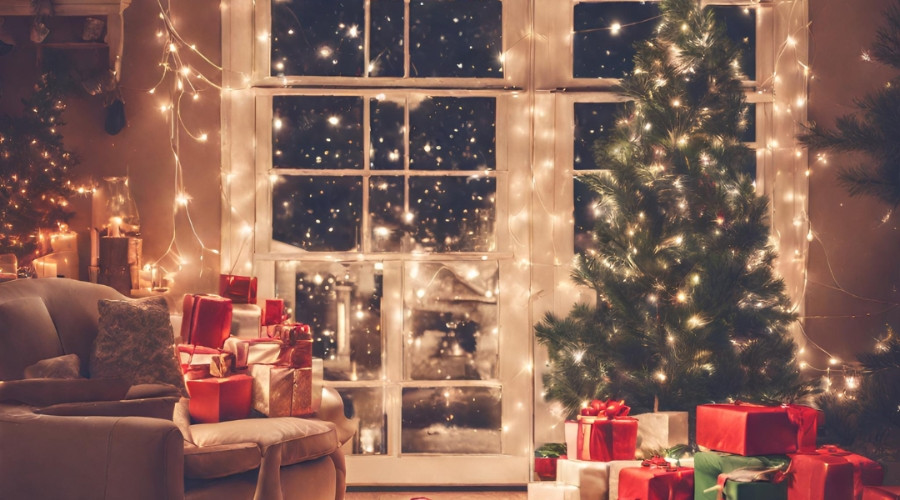
 To keep your home safe during the holiday season, you should take several precautions. Start by having a qualified electrician inspect your home's electrical system, including outlets, wiring, and the
To keep your home safe during the holiday season, you should take several precautions. Start by having a qualified electrician inspect your home's electrical system, including outlets, wiring, and the 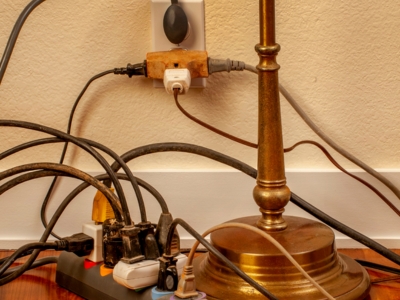 Avoid overloading outlets by using
Avoid overloading outlets by using  If you opt for real trees or greenery, keep them well-watered to reduce the risk of ignition. Always turn off holiday lights and decorations when you leave the house or go to bed. Ensure your home is equipped with working smoke alarms on every level, and test them regularly. Lastly, have an emergency plan in place, including a fire extinguisher and knowledge of how to use it, as well as evacuation procedures.
If you opt for real trees or greenery, keep them well-watered to reduce the risk of ignition. Always turn off holiday lights and decorations when you leave the house or go to bed. Ensure your home is equipped with working smoke alarms on every level, and test them regularly. Lastly, have an emergency plan in place, including a fire extinguisher and knowledge of how to use it, as well as evacuation procedures.
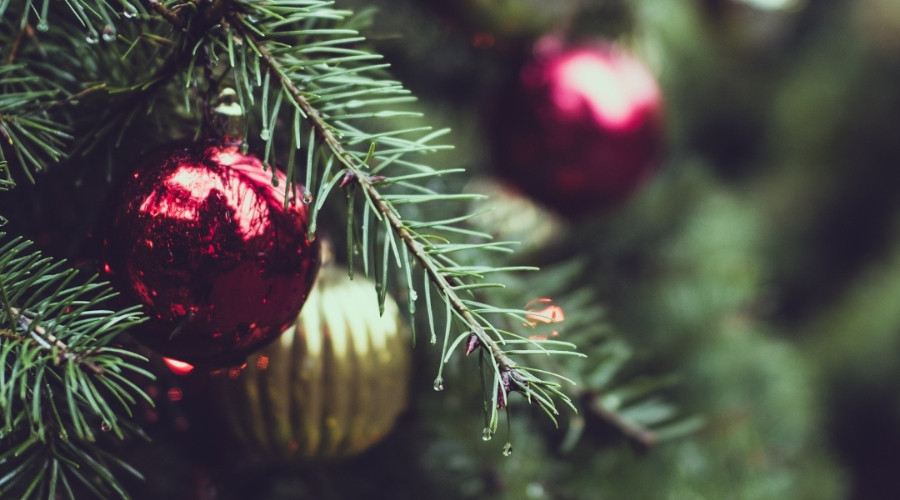
 Cooking and Baking: Preparing big holiday meals can lead to increased cooking-related pollutants, such as grease and smoke. Carbon monoxide (CO) can be produced when using gas ovens or stovetops extensively.
Cooking and Baking: Preparing big holiday meals can lead to increased cooking-related pollutants, such as grease and smoke. Carbon monoxide (CO) can be produced when using gas ovens or stovetops extensively.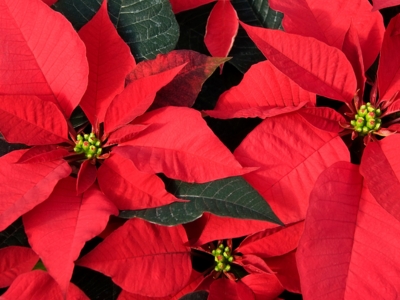 Indoor Plants and Greenery: Houseplants and fresh greenery can harbor mold, especially when overwatered. Mold spores can become airborne and affect IAQ if not addressed.
Indoor Plants and Greenery: Houseplants and fresh greenery can harbor mold, especially when overwatered. Mold spores can become airborne and affect IAQ if not addressed.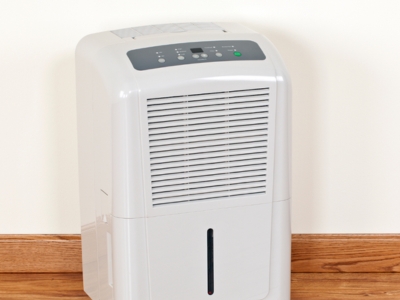 IAQ Products: Consider using IAQ products such as
IAQ Products: Consider using IAQ products such as 

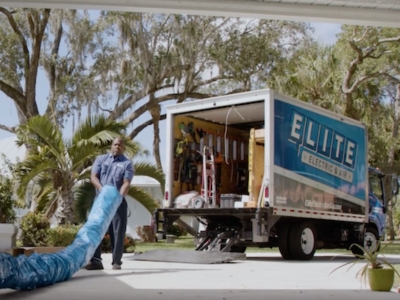
 Respiratory Problems: Individuals 55+ are more likely to suffer from
Respiratory Problems: Individuals 55+ are more likely to suffer from 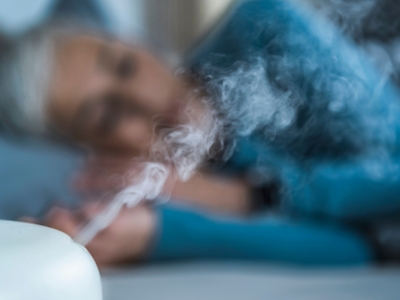 Proper Ventilation: Ensure that your home is adequately ventilated. Open windows to allow fresh air in and use exhaust fans to remove indoor pollutants. If outdoor air quality is good, spending time outdoors can also be beneficial.
Proper Ventilation: Ensure that your home is adequately ventilated. Open windows to allow fresh air in and use exhaust fans to remove indoor pollutants. If outdoor air quality is good, spending time outdoors can also be beneficial.

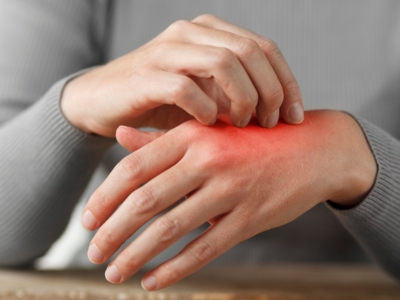 Allergies can be exacerbated or even triggered by poor indoor air quality. Dust mites, mold, and pet allergens are common culprits. When these allergens are present in the air we breathe, individuals with allergies may experience symptoms like
Allergies can be exacerbated or even triggered by poor indoor air quality. Dust mites, mold, and pet allergens are common culprits. When these allergens are present in the air we breathe, individuals with allergies may experience symptoms like 
 The effects of IAQ extend beyond respiratory and cognitive health. Long-term exposure to indoor air pollutants, such as fine particulate matter, can have adverse effects on cardiovascular health.
The effects of IAQ extend beyond respiratory and cognitive health. Long-term exposure to indoor air pollutants, such as fine particulate matter, can have adverse effects on cardiovascular health. 
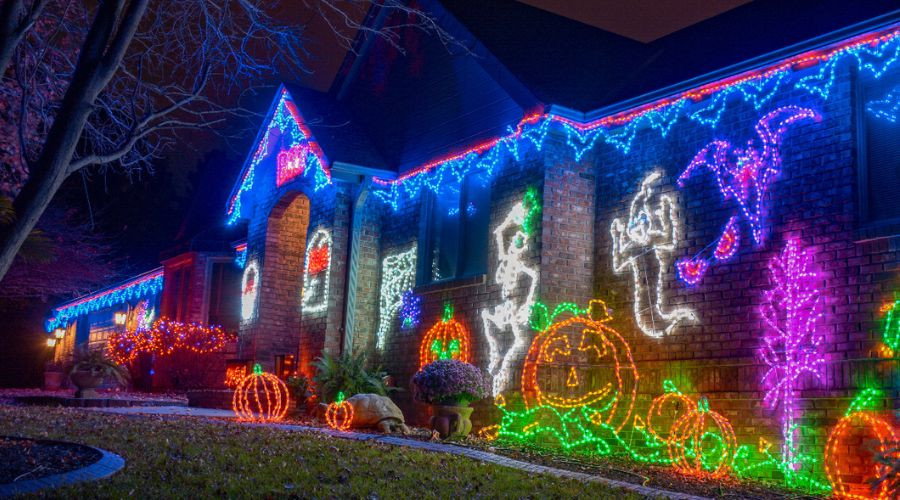
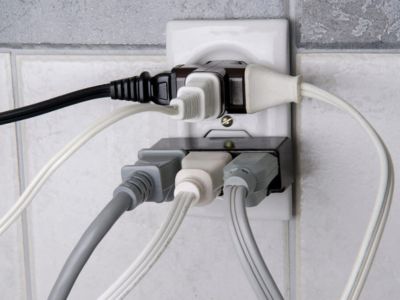 Decorating homes with lights and other electrical decor during Halloween and the holidays is a fun tradition, but it's important to remember the potential dangers of overloading outlets. Most
Decorating homes with lights and other electrical decor during Halloween and the holidays is a fun tradition, but it's important to remember the potential dangers of overloading outlets. Most 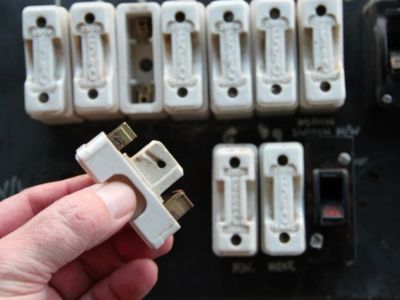 In addition to checking the cords and wires and decorating for the holidays safely, homeowners should be aware of signs they need electrical service to keep their homes safe this Halloween and beyond. Electrical repairs are an essential aspect of maintaining a safe and functional home. It is crucial to pay attention to any signs that indicate potential electrical problems, as they can quickly escalate into dangerous situations if left unaddressed.
In addition to checking the cords and wires and decorating for the holidays safely, homeowners should be aware of signs they need electrical service to keep their homes safe this Halloween and beyond. Electrical repairs are an essential aspect of maintaining a safe and functional home. It is crucial to pay attention to any signs that indicate potential electrical problems, as they can quickly escalate into dangerous situations if left unaddressed.

 There are many home improvements that can increase a home's energy efficiency and are
There are many home improvements that can increase a home's energy efficiency and are  For tax purposes, it’s important to keep all of the necessary paperwork and receipts handy so everything can be properly documented. This includes any invoices or contracts related to the eligible home improvement as well as the total cost of the work.
For tax purposes, it’s important to keep all of the necessary paperwork and receipts handy so everything can be properly documented. This includes any invoices or contracts related to the eligible home improvement as well as the total cost of the work.
